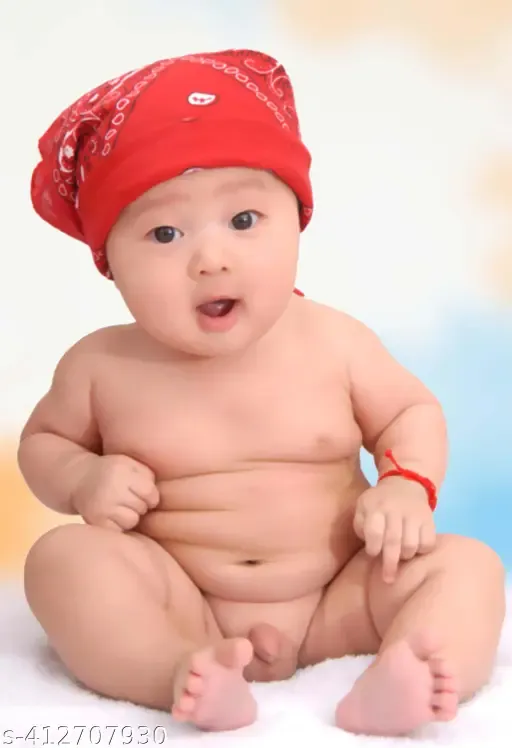Body shaming is an issue that many of us have encountered, and with the explosion of social media, it’s only become more pronounced. You’re often faced with judgments about being too heavy or too thin, too busty or too flat. The pressure to conform is relentless.
In today’s world, parents are also under intense scrutiny. It seems everyone is quick to criticize and shame moms for their choices, pointing out what they perceive as flaws in parenting. Sadly, I thought my daughter would be sheltered from such judgment for a while longer.
All it took was one innocent snapshot shared online, and suddenly my baby girl, just one year old, became a target for fat shaming and harsh critiques of my parenting. A single photo went viral, and the sheer number of people who deemed it acceptable to call a toddler ‘fat’ was both astonishing and heartbreaking.
A while back, my husband made an error when he uploaded a picture of our then 14-month-old daughter to a platform he thought was private. Unfortunately, it was set to public, and the trolls quickly emerged. That image captured our vibrant, healthy daughter, who, like us, had a bit of baby fat — a trait common in our family. However, online commenters wasted no time in unleashing their ignorance: “Why is she so chubby? What do you feed her?” and “She is obviously overweight.”
What those commenters didn’t understand was that my daughter had a perfectly balanced diet, and her growth pattern had always been healthy. Despite still primarily relying on breastfeeding at that age, her wellness was never a concern for her doctors. Yet, she became a viral sensation for being labeled ‘fat.’
Days later, I received a message from a friend in Australia, informing me that a popular news outlet had published an article featuring my daughter’s image, discussing toddler fat-shaming. Furious and protective, I reached out to the publication, demanding they remove the photo. They denied my request, claiming the story was gaining traction.
A quick search for “toddler fat shaming” revealed numerous articles using my daughter’s now-infamous picture, filled with comments branding her as overweight and me as a negligent mother. The audacity of these strangers judging my child’s health based on a single image was infuriating. Some outlets blurred her face, while others did not — none solicited our permission to use her likeness. I was appalled that my baby, barely over a year old, was subjected to such ridicule.
The image primarily circulated in Europe and Australia and even became a topic of conversation on a well-known British morning show, where one host commented on her arms. I felt an overwhelming urge to reach through the screen and confront him. The ignorance was astounding.
This has to change. Adults struggle enough with body shaming, but subjecting a baby to such scrutiny is unacceptable.
I still grapple with guilt for inadvertently sharing that photo. Imagine the sadness of seeing your child ridiculed by strangers worldwide, feeling utterly violated as her image is exploited for cruel commentary. It’s gut-wrenching.
Through this experience, my husband and I learned vital lessons. We need to be more cautious about sharing our children’s photos because we never know how far they might spread. Moreover, it’s crucial for us to instill in our children a sense of body positivity and respect. This behavior is out of control, and our kids are paying the price for it. Thankfully, my daughter is too young to understand the negativity for now, but I’m determined to raise her to appreciate her body just as it is.
For more on parenting and body positivity, check out this article. If you’re interested in enhancing fertility, you can explore this resource for fertility supplements. For a deeper understanding of genetics and IVF, visit this excellent resource.
In summary, it’s vital for parents to navigate the complexities of sharing their children’s lives online with caution. This experience has highlighted the urgent need for society to adopt a more compassionate and understanding approach to body image, especially for children.
